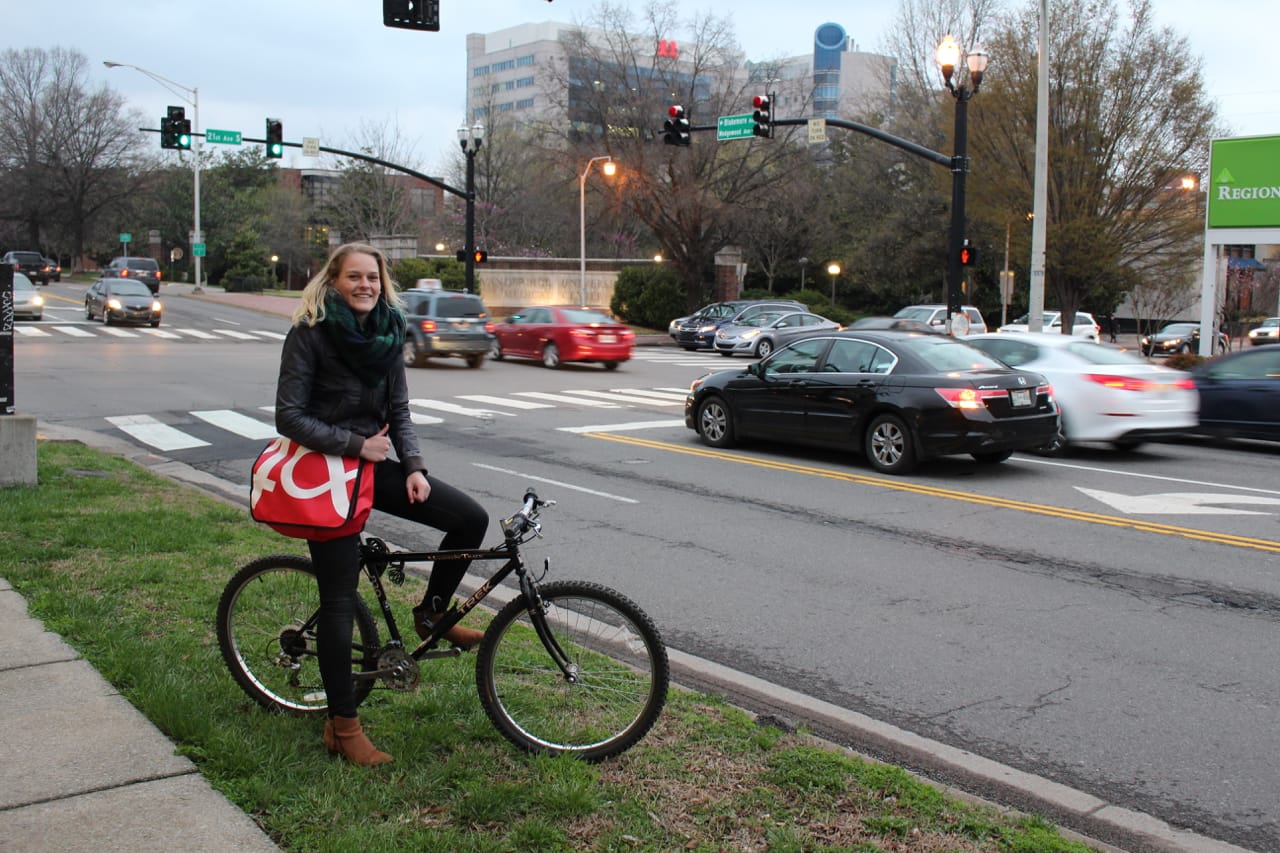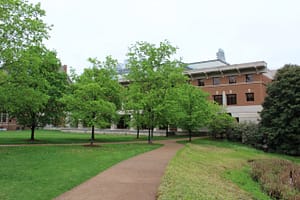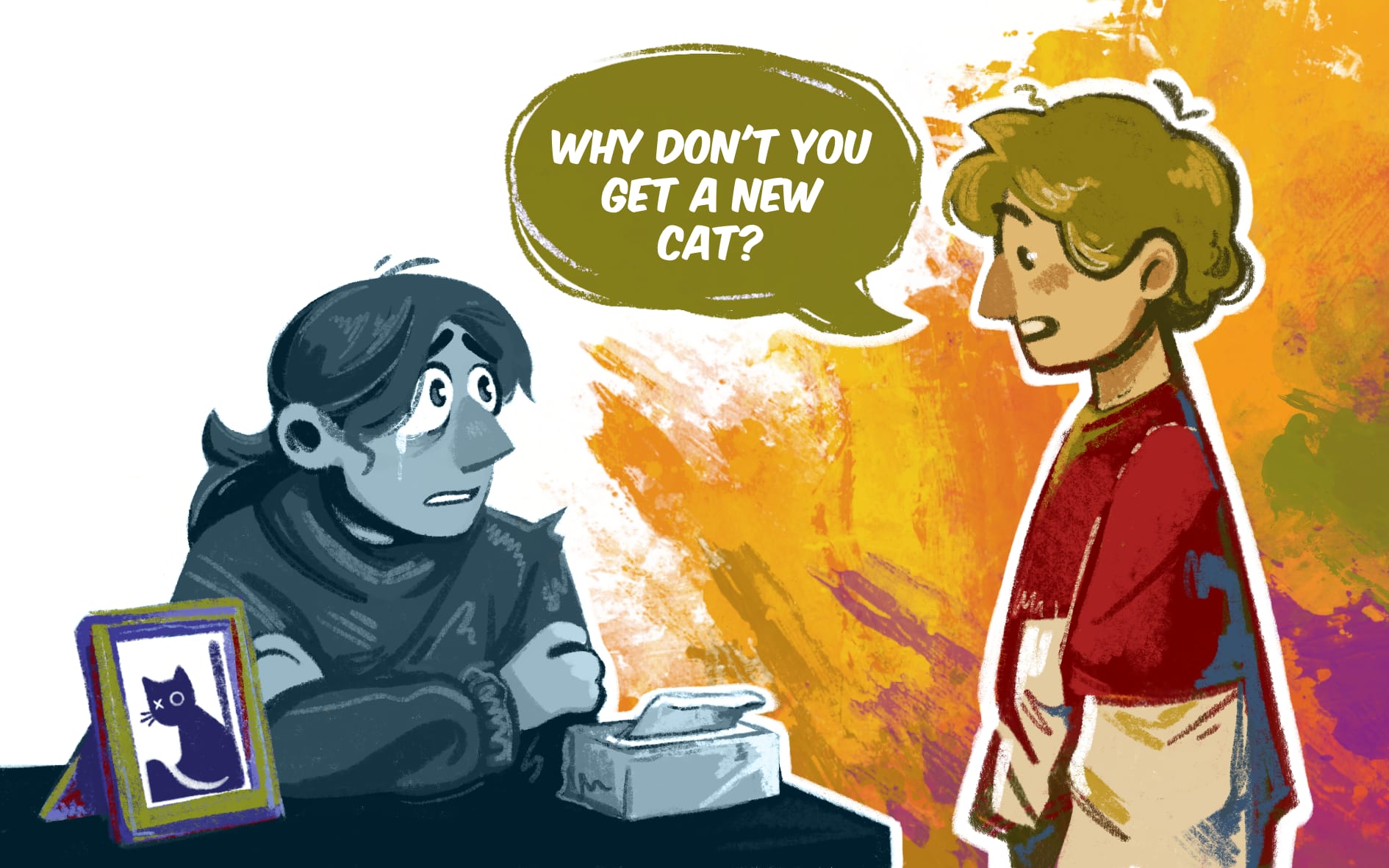
Honky-tonks and depression research in the States
I live in the United States. This still sounds utterly bizarre to me, who until the end of 2014 had lived in Groningen her whole life. But when my Research Master supervisor offered me the opportunity to do my thesis abroad, I grasped it with both hands.
My adventure started in New York City, where my family ‘dropped me off’. After ten blissful days, it was time for me to take the plane to Nashville, Tennessee. Home to Vanderbilt University, country music, republicans, and religious zealots. After having been there for more than three months, it became my home as well.
Nashville took some getting used to. It is famous for its honky-tonks, the country bars where singer/songwriters tirelessly perform to get discovered. The first time in such a bar was a mind-blowing experience. People usually start going there around 5 pm for a bite to eat, lots of drinking, and loud country music. While the bars in Groningen are mostly occupied by students, the honky-tonks are mainly populated by a mix of young people having bachelor parties and older people who could have been your parents. Country music was really not my style but I actually grew quite fond of it, and now that I am no longer in Nashville I sometimes listen to honky-tonk songs to relive some great memories.
Good habits die hard, so I cycled to Vanderbilt every day. This is not something Nashvillians are used too. More often than not I would be the recipient of honks or curses (ON THE SIDEWALK, ***). Nevertheless, the experience of cycling on some of the busiest roads in Nashville was amazing. I often smiled and waved to people sitting in their cars looking angry and stressed, waiting for the traffic to clear up.

Of course it turned out that there was no actual tornado passing over Vanderbilt, it passed several miles away. To me this event confirmed that Americans tend to get very cautious and frightened over nothing. In January we had a little snow, even though it usually does not snow in Nashville. Instead of cleaning the roads, allowing people to go to work and do grocery shopping, the local authorities just gave everyone a holiday for three weeks. It seemed like no one had a clue what to do, and so people got stuck in their homes for weeks. They stared at me in disbelief when I told them that even when there is snow, people in the Netherlands continue to cycle to school or work.

Just last weekend, my time in Nashville was up, so I took the bus to Atlanta and then the train to Philadelphia for the third part of my adventure. Prof. Hollon encouraged me to also spend time at the University of Pennsylvania, one of the world’s leading universities in the field of depression. Well, who would say no to that? The traveling was an adventure in itself, seeing the American landscapes glide by, catching the occasional glimpse of cute little towns, and passing the Pentagon in Washington. And now I live in Philadelphia, working with a group of gifted and motivated students and a professor whom I admire for his inspiring work, Rob DeRubeis.
Every day still I have to assure myself that this American dream I am living is real. Even though I miss my friends and family back home, I would not have wanted to miss this experience for the world. So if you have the opportunity to go abroad, do so! You will enrich yourself in so many more ways than you can imagine. Luckily I still have three more months to go…
Howdy!
Note: Images by Fionneke



